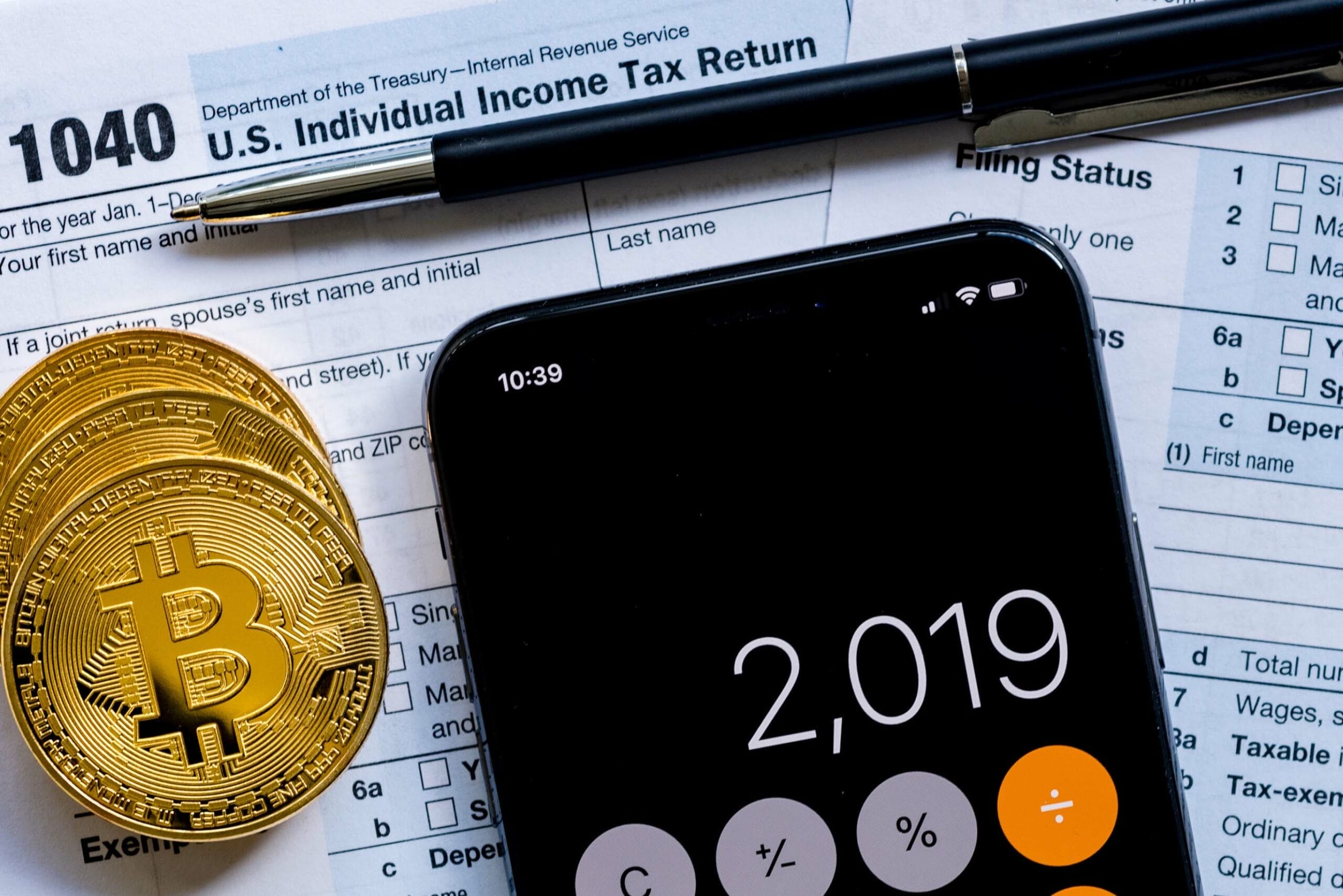
The Internal Revenue Service (IRS) has entered the digital age, recognizing the significance of cryptocurrencies like Bitcoin in the modern financial landscape. As a federal agency responsible for tax collection and enforcement, the IRS has developed guidelines to regulate the taxation of Bitcoin transactions.
With the increasing adoption of crypto, it has become crucial for users, investors, and miners to understand adhere to IRS guidelines. Of course, failure to do so may lead to legal consequences, making it important to stay informed and compliant.
*This article is not specific financial or tax advice. Readers should consult financial and tax professionals to learn more about applicable tax laws and regulations.
Understanding what constitutes a taxable event in the realm of Bitcoin is fundamental. Transactions such as buying, selling, trading, and mining can trigger tax obligations. This requires individuals to report their cryptocurrency activities to the IRS.
Bitcoin transactions subject to taxation include not only buying and selling but also trading between different cryptocurrencies and income generated through mining activities. As a result, keeping accurate records of these transactions is essential for fulfilling tax reporting obligations.
Accurate record-keeping is a key aspect of complying with IRS guidelines. Maintaining detailed records of transactions, including dates, amounts, and counterparties, is crucial for accurate tax reporting and calculating gains or losses.
Cryptocurrency income, whether obtained through trading, mining, or other activities, must be included on tax returns. Failing to report this income may result in penalties and legal consequences.
The IRS has introduced specific forms for reporting Bitcoin transactions. Form 8949 and Schedule D are commonly used for reporting gains and losses as they pertain to Bitcoin transactions. So, familiarity with these forms is essential for accurate reporting.
The IRS distinguishes between digital currencies held as investment property and those used for personal transactions. This classification has implications for tax rates, holding periods, and reporting requirements.
The classification of cryptocurrencies influences tax rates, with long-term capital gains taxed at a different rate than short-term gains. As a result, understanding the tax implications of each classification is vital for strategic financial planning.
Of course, the holding period for digital currencies affects the tax rate applied to gains or losses. Long-term holding may qualify for preferential tax rates, while short-term holding may incur higher taxes. Strategic planning can optimize tax outcomes based on holding periods.
Bitcoin mining is considered a taxable activity by the IRS, with the mined coins recognized as income. Miners must report the fair market value of the mined coins at the time they are received.
Determining the fair market value of mined coins can be challenging. Of course, consistency in valuation methods is crucial for accurate reporting.
Miners may be eligible for certain deductions related to expenses incurred during the mining process. That's why it's important to understand and document deductible expenses that contribute to maximizing tax efficiency.
The IRS has implemented initiatives to ensure compliance in the crypto space. These initiatives include educational efforts, outreach programs, and technological advancements for tracking cryptocurrency transactions.
Non-compliance with IRS guidelines can result in penalties, fines, and legal consequences. Therefore, staying informed, reporting accurately, and timely compliance are essential to avoid negative repercussions.
Timely and accurate reporting of crypto transactions is critical for maintaining compliance. Proactive adherence to IRS guidelines mitigates the risk of penalties and legal scrutiny.
Navigating the taxation of Bitcoin requires a comprehensive understanding of IRS guidelines. This article has covered crucial aspects, from taxable events to compliance and reporting obligations.
As the crypto landscape continues to evolve, users should continue to engage in responsible and compliant activities. Adhering to IRS guidelines not only ensures legal compliance but also contributes to the overall legitimacy and acceptance of cryptocurrencies.